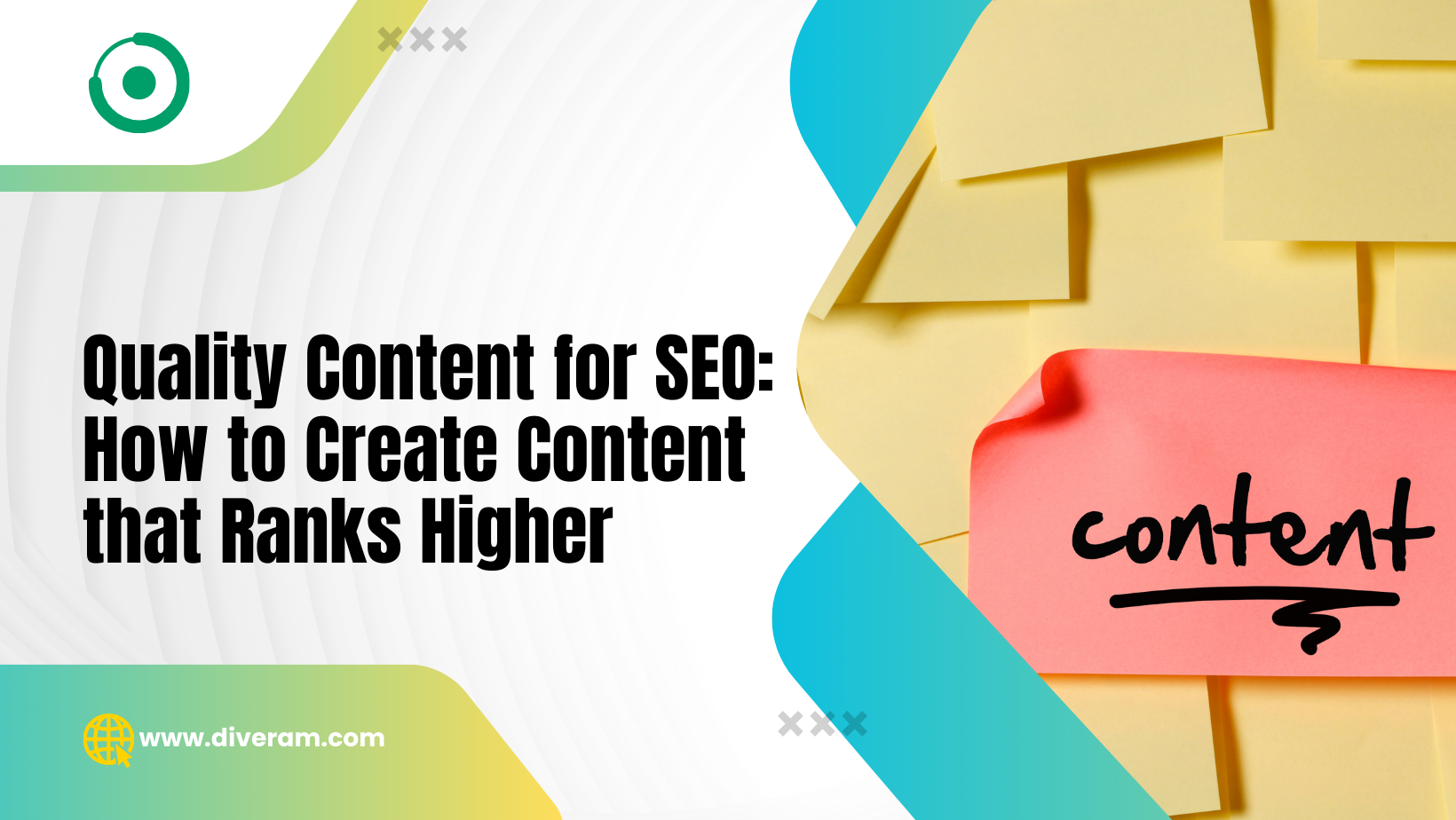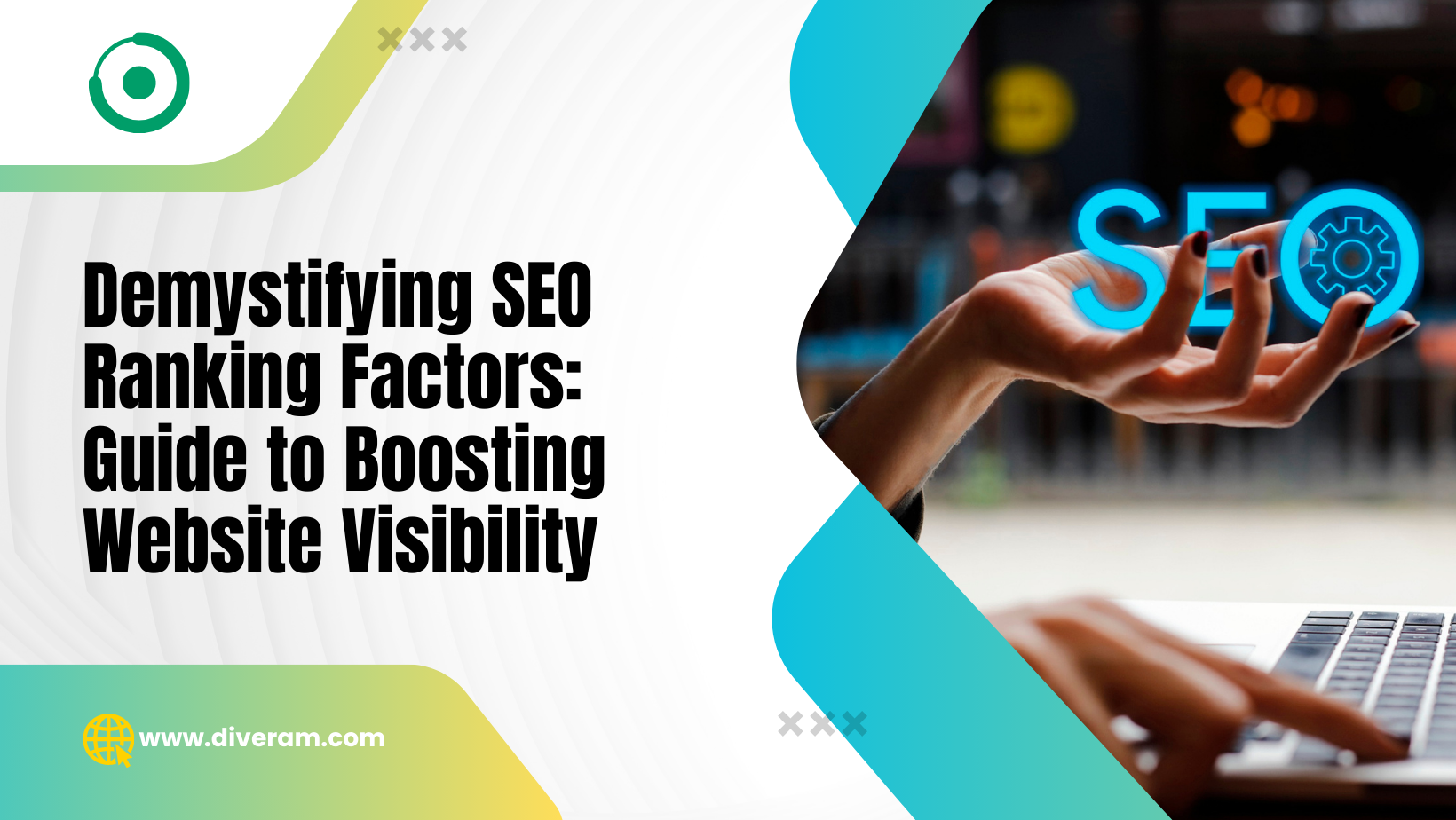How to create Quality Content for SEO

Why Content is King in SEO?
The importance of Quality content for SEO cannot be overstated. Quality Content is the backbone of every website, and it plays a crucial role in determining the website’s relevance and credibility to search engines. Here are some reasons why content is king in SEO:
- Provides Relevant Information: Content provides relevant information to users who are searching for specific queries on search engines. When a user enters a search query, search engines crawl through millions of web pages to find the most relevant information. Websites with quality content that matches the user’s search intent are more likely to rank higher on the SERPs.
- Attracts Backlinks: High-quality content that provides valuable information to users is more likely to attract backlinks from other websites. Backlinks are an important factor in SEO as they act as a vote of confidence for your website’s credibility and relevance.
- Enhances User Experience: A website with high-quality content that is engaging, informative, and well-organised provides a positive user experience. This leads to longer website visits, lower bounce rates, and increased engagement, all of which are important ranking factors for search engines.
- Helps to Optimise for Keywords: Keywords are an essential element of SEO, and creating content that is optimised for specific keywords can help your website rank higher on the SERPs. When creating content, make sure to include relevant keywords in the title, meta descriptions, headers, and body of the content.
How to Create Quality Content that is SEO Optimised?
Creating quality content that is SEO optimised is not an easy task, but it is essential if you want your website to rank higher on the SERPs. Here are some tips on how to create quality content that is SEO optimised:
- Conduct Keyword Research: Before creating content, it is essential to conduct keyword research to find relevant keywords that users are searching for in your industry. Use tools like Google Keyword Planner, Ahrefs, or SEMRush to find relevant keywords with high search volume and low competition.
- Understand Your Audience: Knowing your target audience is crucial when creating content. You should understand their interests, pain points, and questions. This information will help you create content that resonates with them, making it more likely that they will engage with your website.
- Create Engaging Headlines: Your headlines are the first thing users will see when they come across your content on search engines or social media. Make sure your headlines are descriptive, attention-grabbing, and include your target keyword.
- Use Internal and External Links: Internal linking is an essential aspect of on-page optimization. It helps search engines crawl and understand your website’s structure. External linking to high-quality sources can also enhance your website’s credibility.
- Use Visuals: Visuals like images, infographics, and videos can help break up text and make your content more engaging. They also provide an opportunity to include alt tags and captions that can further optimise your content.
- Optimise for On-page SEO: On-page SEO is the practice of optimising individual web pages to rank higher and earn more relevant traffic in search engines. Ensure that your content has a proper structure, including headings, subheadings, and paragraphs. Additionally, include relevant meta titles, meta descriptions, and alt tags.
- Write Long-form Content: Studies have shown that longer content tends to rank higher on search engines than shorter content. Long-form content provides more in-depth information and offers greater value to users, increasing the likelihood of engagement and backlinks.
- Provide Value: Creating content that provides value to users is essential to SEO. Make sure your content is informative, engaging, and relevant to your audience’s interests and questions. The more value your content provides, the more likely it is to be shared and linked to, which can help increase your website’s authority and ranking.
- Regularly Update Content: Keeping your content up-to-date is crucial to maintaining its relevance and credibility. Regularly updating your content helps search engines understand that your website is active and providing valuable information to users.
- Promote Your Content: Lastly, promoting your content is crucial to getting it seen by your target audience. Use social media, email newsletters, and other channels to share your content and encourage engagement and backlinks.
In conclusion, content is king in SEO, and creating quality content that is SEO optimised is essential to increasing your website’s visibility and credibility on search engines. By following these tips, you can create content that provides value to your audience, attracts backlinks, and enhances your website’s ranking on search engines. Remember to conduct keyword research, understand your audience, create engaging headlines, use internal and external links, optimise for on-page SEO, write long-form content, provide value, regularly update content, and promote your content to maximise its effectiveness.




